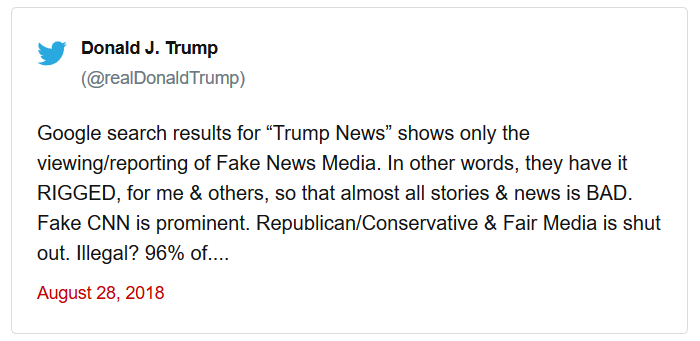As a programmer, I assumed Facebook used some sort of statistical analysis to generate advertising categories based on user input rather than employing a marketing group. A statistical analysis of the phrases being typed is *generally* an accurate reflection of what people type, although I’ve encountered situations where their code does not appropriately weight adjectives (FB thought I was a Trump supporter because incompetent, misogynist, unqualified, etc didn’t clue them into my real beliefs). But I don’t think the listings causing an uproar this week were factually wrong.
Sure, the market segment name is offensive; but computers don’t natively identify human offense. I used to manage the spam filtering platform for a large company (back before hourly anti-spam definition updates were a thing). It is impossible to write every iteration of every potentially offensive string out there. We would get e-mails for \/|@GR@! As such, there isn’t a simple list of word combinations that shouldn’t appear in your marketing profiles. It would be quite limiting to avoid ‘kill’ or ‘hate’ in profiles too — a group of people who hate vegetables is a viable target market. Or those who make killer mods to their car.
FB’s failing, from a development standpoint, is not having a sufficiently robust set of heuristic principals against which target demo’s are analysed for non-publication. They may have considered the list would be self-pruning: no company is going to buy ads to target “kill all women”. Any advertising string that receives under some threshold of buys in a delta-time gets dropped. Lazy, but I’m a lazy programmer and could *totally* see myself going down that path. And spinning it as the most efficient mechanism at that. To me, this is the difference between a computer science major and an information sciences major. Computer science is about perfecting the algorithm to build categories from user input and optimizing the results by mining purchase data to determine which categories are worth retaining. Information science teaches you to consider the business impact of customers seeing the categories which emerge from user input.
There are ad demo’s for all sorts of other offensive groups, so it isn’t like the algorithm unfairly targeted a specific group. Facebook makes money from selling advertisements to companies based on what FB users talk about. It isn’t a specific attempt to profit by advertising to hate groups; it’s an attempt to profit by dynamically creating marketing demographic categories and sorting people into their bins.
This isn’t limited to Facebook either – any scenario where it is possible to make money but costs nothing to create entries for sale … someone will write an algorithm to create passive income. Why WOULDN’T they? You can sell shirts on Amazon.
Amazon’s Marketplace Web Service allows resellers to automate product listings. Custom write some code to insert random (adjectives | nouns | verbs) into a template string then throw together a PNG of the logo superimposed on a product. Have a production facility with an API to order, make the product once it has been ordered, and you’ve got passive income. And people
did. I’m sure some were wary programmers – a sufficiently paranoid person might even have a human approve the new list of phrases. Someone less paranoid might make a banned word list (or even a banned word list and source one’s words from a dictionary and look for the banned words in the
definition too). But a poorly conceived implementation will just glom words together and assume something stupid/offensive just won’t sell. Works that way sometimes.
Bad publicity sinks the company other times.
The only thing that really offends me about this story is that unpleasant people are partaking in unpleasant conversations. Which isn’t news, nor is it really FB’s fault beyond creating a platform to facilitate the discussion. Possibly some unpleasant companies are targeting their ads to these individuals … although that’s not entirely FB’s fault either. Buy an ad in Breitbart and you can target a bunch of white supremacists too. Not creating a marketing demographic for them doesn’t make the belief disappear.
